Planning a Pakistani wedding is exciting but can be tricky. It’s a celebration full of colors, traditions, and joy. From mehndi dances to the big reception, each event needs care and effort. But with so much happening, small wedding mistakes can ruin big moments.
Pakistani weddings are not just about two people. They bring families, friends, and loved ones together. It’s a blend of culture, food, and emotions. With so much to manage, missing details are common. Forgetting to book a vendor or overspending can create stress. Avoiding these errors is key to making your big day smooth and happy.
By planning carefully, you can make sure things go well. Avoiding common mistakes saves time, money, and energy. This guide will show you the top 12 wedding mistakes to avoid. Let’s make your wedding beautiful and stress-free!
1. Neglecting to Set a Realistic Budget
Planning a Pakistani wedding can be expensive. There are so many things to pay for, like the venue, food, clothes, and decorations. You might spend too much if you don’t set a budget early. A budget helps you decide what’s important and keeps you on track.
Start by listing everything you need. Think about the big expenses, like catering, and the small ones, like party favors. Talk to your family and decide how much you can afford. This step is important because it prevents you from spending more than you have.
Overspending can ruin the fun. If you spend too much on one thing, you might not have enough for others. To avoid this, plan carefully. Look for discounts, compare prices, and only book what fits your budget. For example, if the venue is expensive, you can save money by choosing simple decorations.
Another tip is to keep an emergency fund. Sometimes, things cost more than expected. An extra fund helps you handle surprises without stress.
Budgeting early makes everything easier. It saves money, reduces stress, and helps you enjoy your big day. So, please sit down, plan your budget, and stick to it. A little planning goes a long way to make your wedding perfect!
2. Skipping Detailed Guest List Planning
Your guest list is the heart of your Pakistani wedding. But skipping proper planning can cause big problems. From seating to food, everything depends on the number of people attending. If you don’t organize your list early, you might overspend or miss someone important.
Start by writing down every guest’s name. Divide them into categories, like family, friends, and colleagues. Talk to your family to make sure no one is left out. This helps manage expectations and keeps everyone happy. A detailed list makes it easier to plan seating, food portions, and party favors.
Handling last-minute additions can be tricky. Sometimes, relatives invite others without telling you. Be ready for surprises! To manage this, keep a little flexibility in your plans. Book a few extra seats and order more food than you think you’ll need.
Another tip is to create a digital RSVP system. Send invites early and ask guests to confirm their attendance. This way, you’ll know exactly who’s coming. For unexpected guests, stay calm and adjust quickly. It’s a happy day, so don’t let stress ruin the mood.
Planning your guest list carefully saves time and money. It also ensures everyone feels included. So, grab a notebook, make your list, and double-check it. A little effort now will make your wedding day smooth and joyful!
3. Ignoring Venue Logistics
The wedding venue is one of the most important choices for your big day. It sets the tone for everything, from decorations to seating. However, ignoring venue logistics can cause trouble. Picking the right place and planning carefully makes your day stress-free.
First, choose a venue that matches your needs. Think about the size of your guest list. A small hall will feel crowded, while a big one may look empty. Check if the venue has enough space for food tables, dancing, and ceremonies. Ask about the facilities, like sound systems and lighting. These details help you avoid surprises later.
Accessibility is crucial. Some guests might struggle with stairs or long walks, so it’s important to select a venue that’s easy for everyone to access, including old family members and kids. Venues with elevators or ramps are even better.
Don’t forget about parking! In big Pakistani weddings, many guests come by car. A venue without enough parking creates frustration. Look for a place with a large parking lot or nearby options. You can also hire valets to manage cars.
Lastly, visit the venue before booking. Walk around, check the layout, and imagine your wedding day there. Ask questions and make notes. These steps save you time and stress later.
By planning venue logistics, you can ensure your wedding runs smoothly. A well-chosen venue means happy guests and unforgettable memories!
4. Not Prioritizing Vendor Bookings
Vendors play a big role in making your Pakistani wedding special. From caterers to photographers, each one adds something unique. But if you don’t book vendors early, you might face problems. Many top vendors get busy months ahead, so waiting too long can leave you with fewer choices.
Booking early gives you the best options. Popular photographers, makeup artists, and decorators often have packed schedules. By securing them early, you get the talent you want. It also helps them prepare better for your big day. Vendors need time to understand your vision and make it happen.
Some common vendor-related mistakes can ruin your wedding plans. For example, not checking reviews or recommendations can lead to hiring unreliable people. Always research vendors and ask for examples of their work. Another mistake is not signing clear contracts. Without written agreements, you may face misunderstandings about costs or services.
Another issue is last-minute changes. If you delay booking, vendors might not have time to adjust to your needs. This could result in rushed work or disappointment.
To avoid these wedding mistakes, make a list of all the vendors you need. Contact them early and share your ideas. Discuss details like timings, prices, and special requests. Stay in touch and confirm everything closer to the wedding.
Prioritizing vendor bookings saves you stress and ensures your big day goes smoothly. With the right team in place, you can relax and enjoy every moment!
5. Underestimating the Importance of Invitations
Wedding invitations are more than just cards—they set the tone for your big day. They tell your guests when and where to come and give a glimpse of your wedding’s theme. Ignoring the importance of invitations can create confusion and stress.
Start with good invitation etiquette. Send your invites early, at least six to eight weeks before the wedding. This gives guests time to plan and RSVP. For relatives or friends abroad, send them even earlier. Late invites can make people feel left out or rushed.
Design matters too. Your invitation should match your wedding theme. If it’s a traditional Pakistani wedding, use cultural designs like paisleys or floral patterns. Make sure the font is clear and easy to read. Avoid overcrowding the card with too much information. Instead, focus on the main details like date, time, venue, and RSVP instructions.
Distribution mistakes are also common. Don’t rely only on word-of-mouth or digital invites. While WhatsApp or email is handy, many people appreciate physical cards. For hand-delivered cards, assign responsible family members to ensure they reach everyone on time.
Another wedding mistake is not double-checking the details. Spelling errors or wrong dates can confuse guests. Always proofread before printing. If you’re having multiple events, include clear instructions for each.
Planning your wedding invitations carefully shows your guests they matter. With timely and well-designed invites, you’ll avoid mix-ups and set the perfect tone for your special day!
6. Overloading the Wedding Schedule
Pakistani weddings are full of joy, traditions, and events. From mehndi to baraat and walima, every function is special. However, squeezing too many activities into a short time can be overwhelming. Balancing tradition with practicality makes everything more enjoyable for you and your guests.
Traditions are important, but they need proper timing. Rushing from one event to another leaves little time to enjoy the moments. For example, having a dholki, bridal shower, and mehndi all in one day can be tiring. Space out events to give everyone time to rest and prepare.
Back-to-back events can cause problems. Guests might feel exhausted, and vendors may struggle to set up on time. This rush can lead to wedding mistakes, like forgetting items or skipping planned activities. It’s better to plan fewer events with enough time in between. This way, each event feels special and not rushed.
To avoid overloading the schedule, create a timeline early. Work with your family to decide which events are a must and which can be skipped or combined. For instance, you can merge the dholki and mehndi into one lively night. Leave time for rest and travel, especially if venues are far apart.
A balanced wedding schedule keeps everyone happy and stress-free. It also ensures you enjoy each moment without feeling rushed. So, plan wisely and make your wedding both traditional and practical!
7. Forgetting Cultural and Religious Customs
Cultural and religious customs are the soul of a Pakistani wedding. They bring families together and make the event meaningful. Forgetting these traditions can take away the charm and even upset your guests. Honoring these customs ensures a joyous celebration for everyone.
Every family has its unique traditions. Some might follow a specific nikah ceremony style, while others focus on elaborate mehndi rituals. Sit down with your elders and learn about the customs your family values. This helps you plan each event with respect and accuracy.
Skipping or mismanaging customs can offend guests. For example, forgetting to arrange space for prayers at the venue may upset elders. Similarly, playing loud music during a solemn moment like the nikah might seem disrespectful. Be mindful of these details to avoid such missteps.
Another common wedding mistake is mixing too many customs without understanding them. For instance, combining elements of different cultures might confuse guests or clash with traditions. Stick to customs that align with your family’s values.
To manage everything smoothly, create a checklist of important rituals. Share it with your wedding planner and vendors. Ensure everyone understands the significance of each tradition. Communicate clearly with guests about dress codes or event themes related to customs.
By respecting cultural and religious practices, you create a heartfelt wedding experience. This not only makes your family proud but also leaves guests with happy memories. Plan thoughtfully, and your big day will be a perfect blend of tradition and celebration!
8. Poor Coordination of Bridal Attire
The bride’s attire is one of the most important parts of a wedding. It’s not just about the dress, but also about how it fits and matches the overall theme. Poor coordination can lead to last-minute stress and disappointment, so planning is key.
Fitting sessions are crucial. The bride should visit the tailor for fittings well before the wedding. This gives enough time for alterations and ensures the dress fits perfectly. Last-minute changes can be stressful and may not give enough time for proper adjustments. A rushed fitting might result in uncomfortable attire that doesn’t look right.
Make sure to schedule multiple fittings. This allows time for small adjustments, like adjusting the length or fixing the sleeves. Always try on the dress with the shoes and accessories you plan to wear. This helps ensure the final look is balanced and perfect.
Another wedding mistake is not matching the bridal look with the event theme. The dress should reflect the overall style of the wedding. For example, a traditional wedding might call for a heavily embroidered lehenga, while a more modern event might suit a lighter outfit. Ensure the colors and designs fit the wedding’s theme, whether it’s classic, contemporary, or a fusion of both.
Also, consider the comfort of the bride. The bridal attire should be beautiful, but it must also be comfortable enough for long hours. Too tight outfits can cause discomfort, while loose ones might be difficult to manage.
Planning the bridal attire, with proper fittings and careful coordination with the event theme, makes the day smoother and more enjoyable. It ensures the bride feels comfortable and looks stunning on her big day!
9. Not Hiring a Wedding Planner or Coordinator
Planning a Pakistani wedding involves a lot of details. From booking vendors to managing schedules, it can quickly become overwhelming. This is where a wedding planner or coordinator comes in. These professionals play an important role in ensuring everything runs smoothly.
A wedding planner’s job is to handle the planning and coordination of every aspect of the wedding. They help choose the right vendors, negotiate prices, and ensure the event stays on track. They also know the best ways to deal with unexpected issues, which can be a lifesaver on your big day.
Trying to do everything yourself can lead to wedding mistakes. For example, handling the guest list, decorations, and entertainment on your own can lead to confusion and delays. A wedding planner will take care of these tasks, allowing you to focus on enjoying your wedding.
Planners can also avoid common DIY mistakes. For instance, they will ensure that the venue’s layout is perfect for all your guests and that the flow of events is smooth. They also know how to deal with last-minute changes, such as a sudden weather shift or a vendor delay.
Hiring a wedding planner saves time and reduces stress. They are experts at managing weddings, and their experience ensures your special day is as perfect as possible. So, if you want a flawless wedding, hiring a professional planner is the way to go.
10. Mismanaging Food and Catering
Food is one of the most important parts of a Pakistani wedding. If you mismanage catering, it can lead to disappointed guests and a stressful situation. So, careful planning is key to ensuring everyone is happy and well-fed.
One common catering mistake is not considering the number of guests. If you order too little food, people will go hungry. If you order too much, the extra food may go to waste. It’s important to get an accurate guest count and communicate this to your caterer.
Another wedding mistake is not ensuring there is enough variety on the menu. Pakistani weddings often have large guest lists, and people have different tastes and dietary preferences. Offering a mix of meat, vegetarian, and vegan options is essential. Don’t forget to include popular traditional dishes like biryani, kebabs, and naan, along with something lighter for those who prefer it. You also need to consider guests with food allergies or dietary restrictions, so make sure to provide alternatives.
Quality is just as important as variety. Avoid choosing a catering service based on price alone. Sometimes cheaper options lead to lower-quality food, which can leave guests disappointed. Ensure the caterer uses fresh ingredients and prepares the food with care. The presentation also matters—well-served food adds to the event’s overall experience.
By planning your catering carefully and making sure there’s a variety of high-quality food, your wedding guests will leave with full stomachs and happy memories. Make food one less thing to worry about by choosing the right caterer and paying attention to details.
11. Overlooking Photography and Videography Details
Photography and videography capture the beautiful moments of your wedding day. If you don’t plan these details carefully, you might miss important memories or end up with poor-quality photos and videos. Here’s how to avoid common wedding mistakes in photography and videography.
First, it’s important to communicate your vision to the photographers and videographers. Tell them what moments matter most to you. Whether it’s a special family portrait or the bride’s entrance, let them know so they can plan accordingly. It’s also helpful to share the theme and feel of the wedding so they can match their style with your vision.
Another mistake is not planning the timing and shots carefully. Pakistani weddings are busy events, with many different ceremonies happening in a short time. Without a clear shot list and timing schedule, photographers might miss important moments. For example, the bride’s entrance or the couple’s first dance should be planned out to make sure the photographer is in the right spot at the right time.
Also, don’t forget about candid moments. While posed photos are important, some of the most beautiful memories come from the spontaneous laughter and emotions during the ceremony. Make sure your photographers know to capture these special, unscripted moments as well.
Finally, give your photographer and videographer time to work. Rushed moments or a last-minute schedule change might result in missed shots or blurry footage. By carefully planning your photography and videography details, you’ll get stunning images and videos that tell the story of your big day.
12. Ignoring Backup Plans for Weather or Delays
When planning a wedding in Pakistan, especially if it’s outdoors, the weather can be unpredictable. From sudden rain showers to intense heat, you need to be ready for anything. Failing to prepare backup plans for weather or delays can cause stress and disrupt your big day.
Outdoor weddings can be beautiful, but they come with challenges. If your ceremony or reception is planned outside, there’s always a chance that rain or bad weather could change everything. Without a backup plan, such as an indoor venue or tents, your wedding could be ruined. It’s always wise to have an indoor option lined up just in case.
Moreover, unexpected delays can happen during any wedding. Traffic, vendor lateness, or longer-than-expected ceremonies can throw off the schedule. Without a plan to adjust, these delays could cause a ripple effect, leading to missed events or rushed moments. To avoid this, build extra time into your schedule, and make sure everyone involved knows how to handle unexpected delays.
It’s also important to consider the guests’ comfort. If the weather is too hot or rainy, ensure there are ways to keep everyone comfortable. This can include fans, tents, or extra seating.
By planning for weather changes or delays, you can avoid stress on your wedding day. Have a solid backup plan and be ready to adapt if things don’t go as expected. This way, you can enjoy the celebration, no matter what the weather or delays bring.
Conclusion
Planning a Pakistani wedding is an exciting journey, but it can be filled with challenges if you aren’t careful. To recap, avoid common wedding mistakes like neglecting your budget, skipping guest list planning, overlooking venue logistics, and forgetting backup plans for weather or delays. By being prepared and staying organized, you can make sure everything goes smoothly on your big day.
To have a flawless wedding, remember to plan early, communicate with your vendors, and make time for flexibility. Also, never underestimate the importance of traditions, good food, and detailed planning for each part of your celebration. With these steps, you’ll create a beautiful and memorable wedding day.
We’d love to hear from you! What tips do you have for planning a Pakistani wedding? Or do you have any questions about wedding planning? Share your thoughts in the comments below. Don’t forget to share this guide with your friends who might be planning their weddings. Let’s help each other make our special days truly perfect!


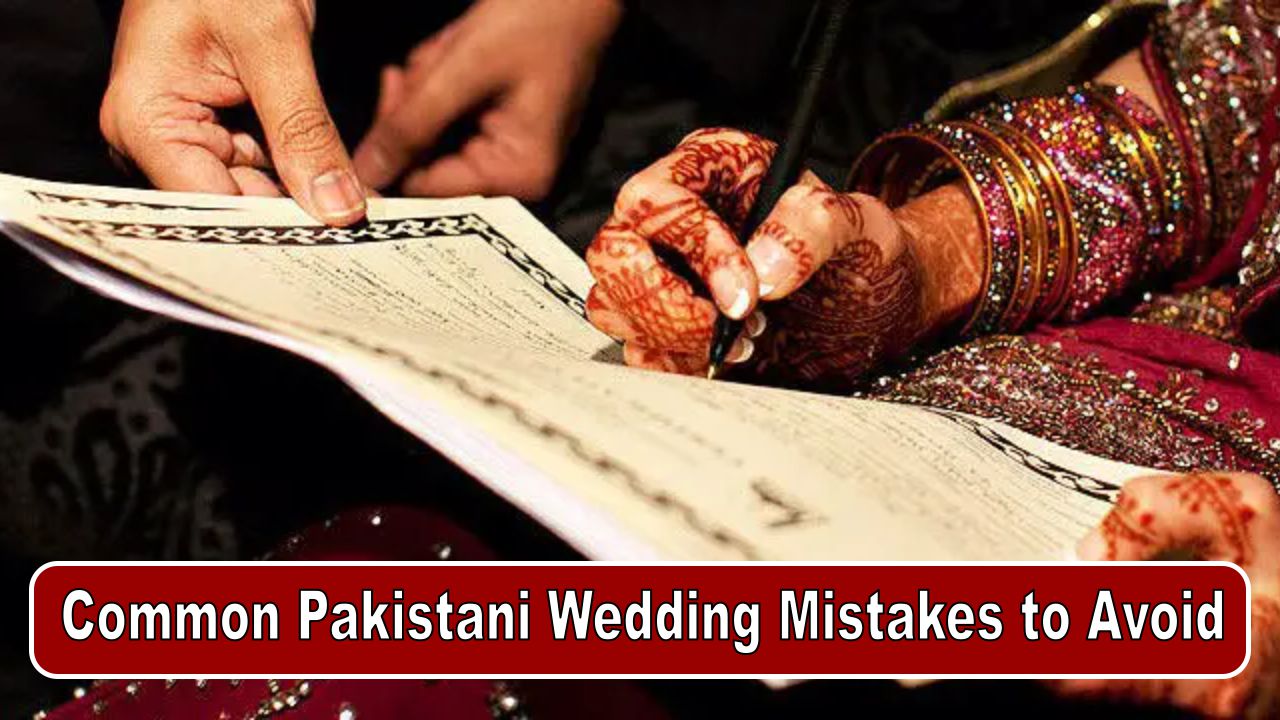


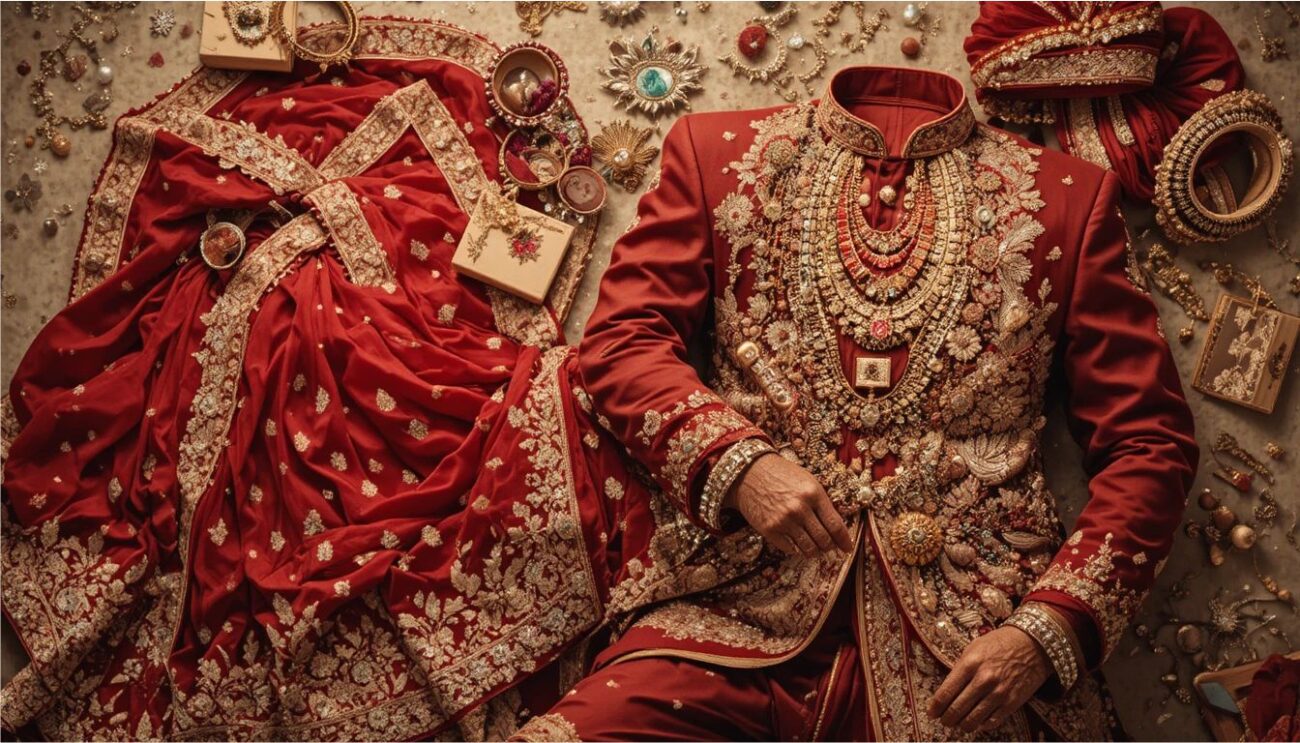
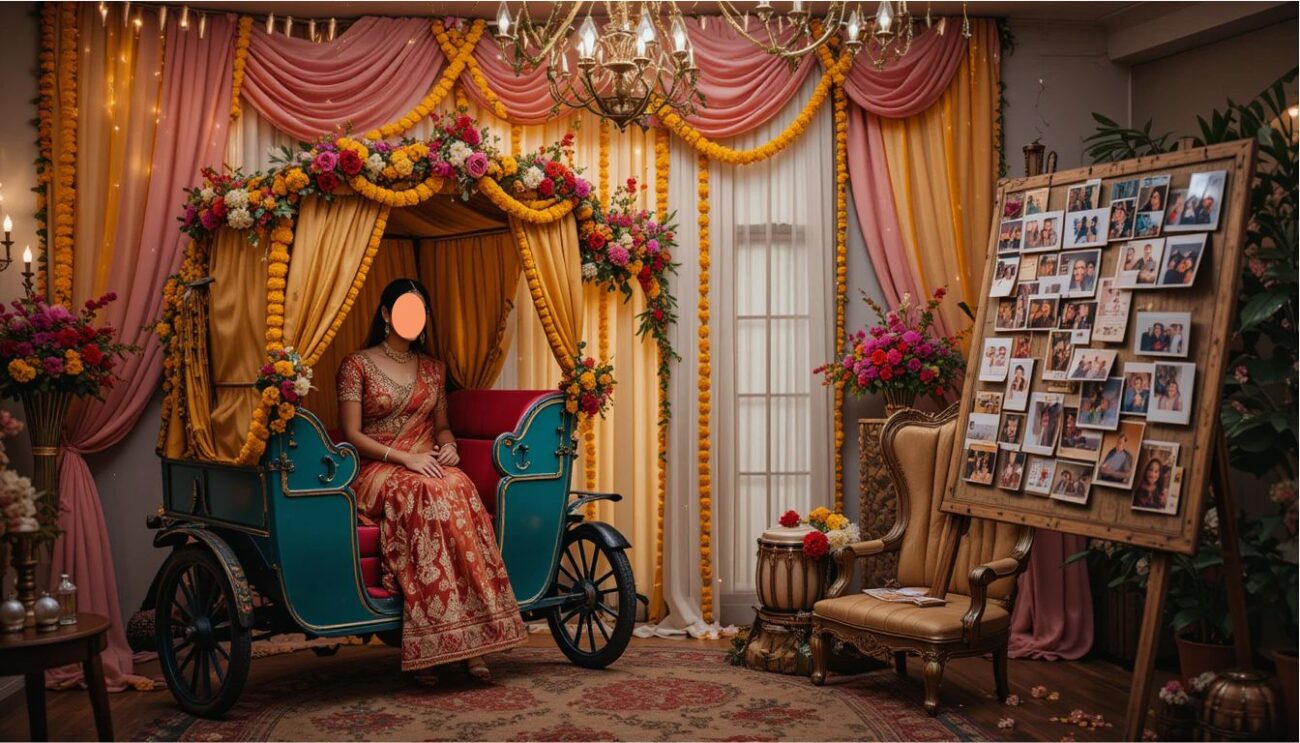
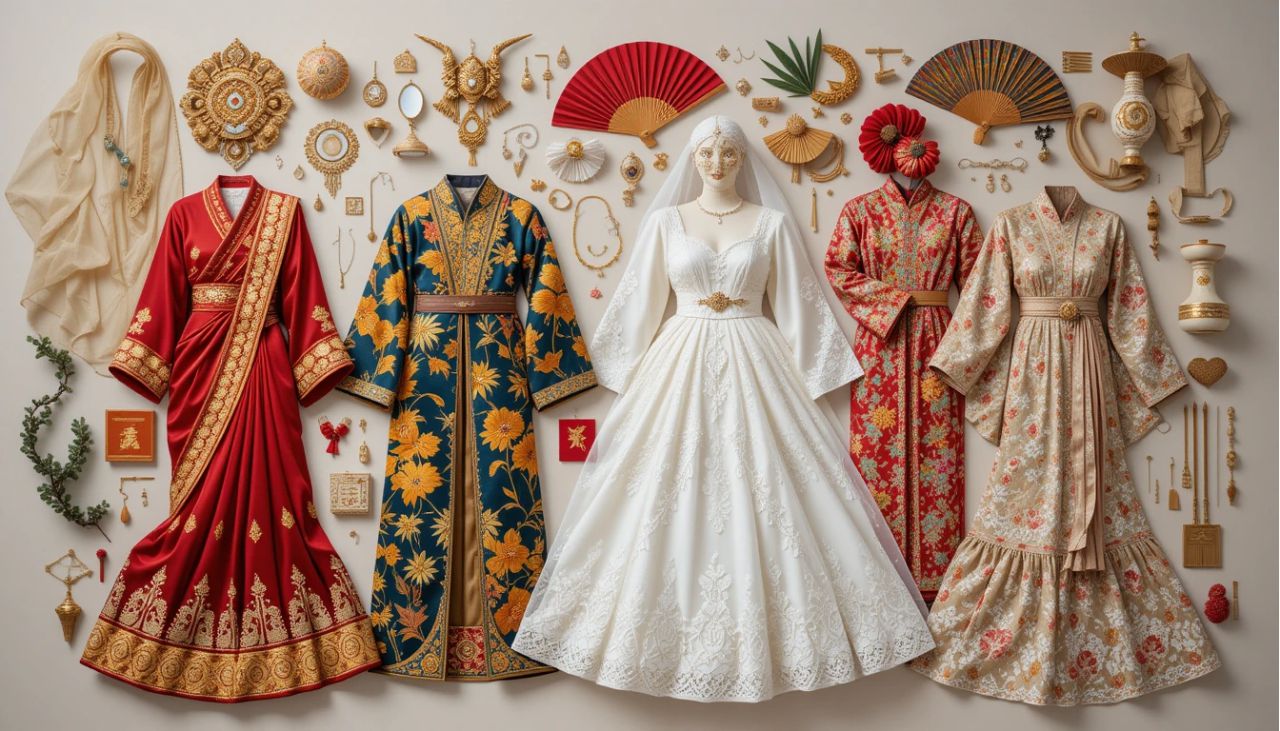
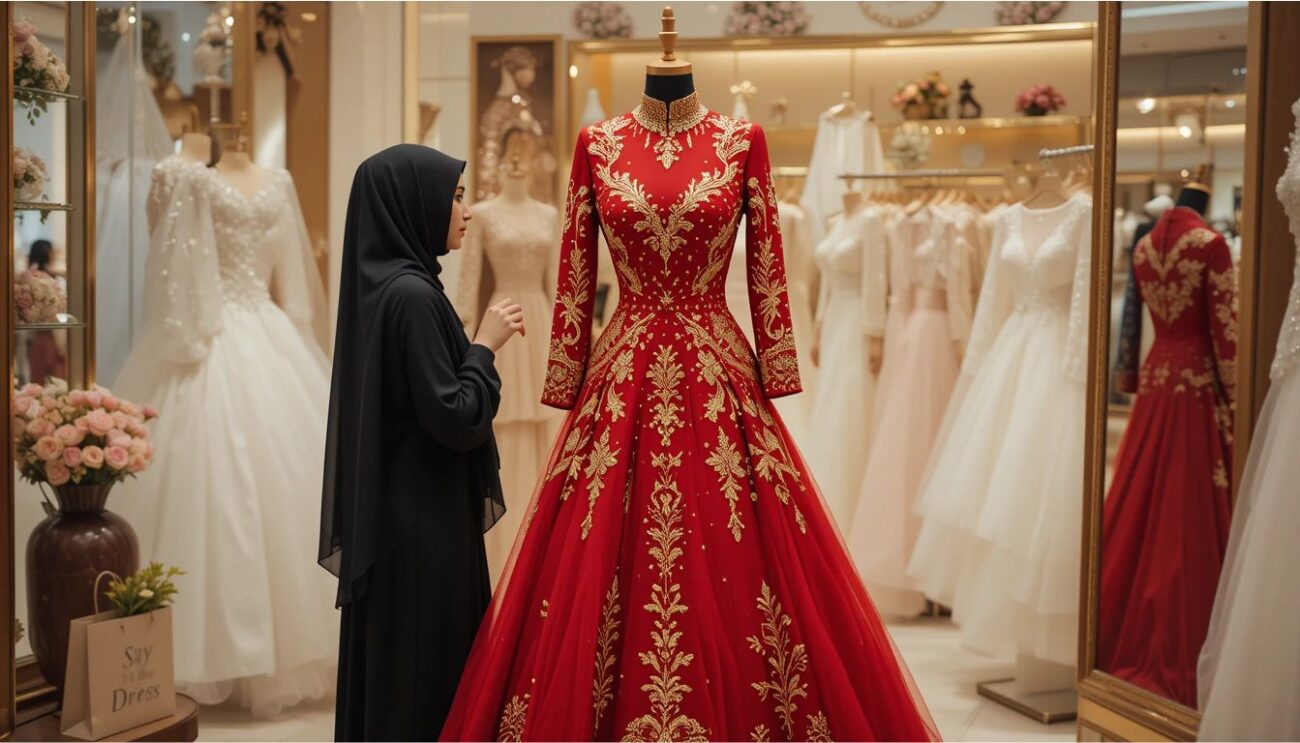
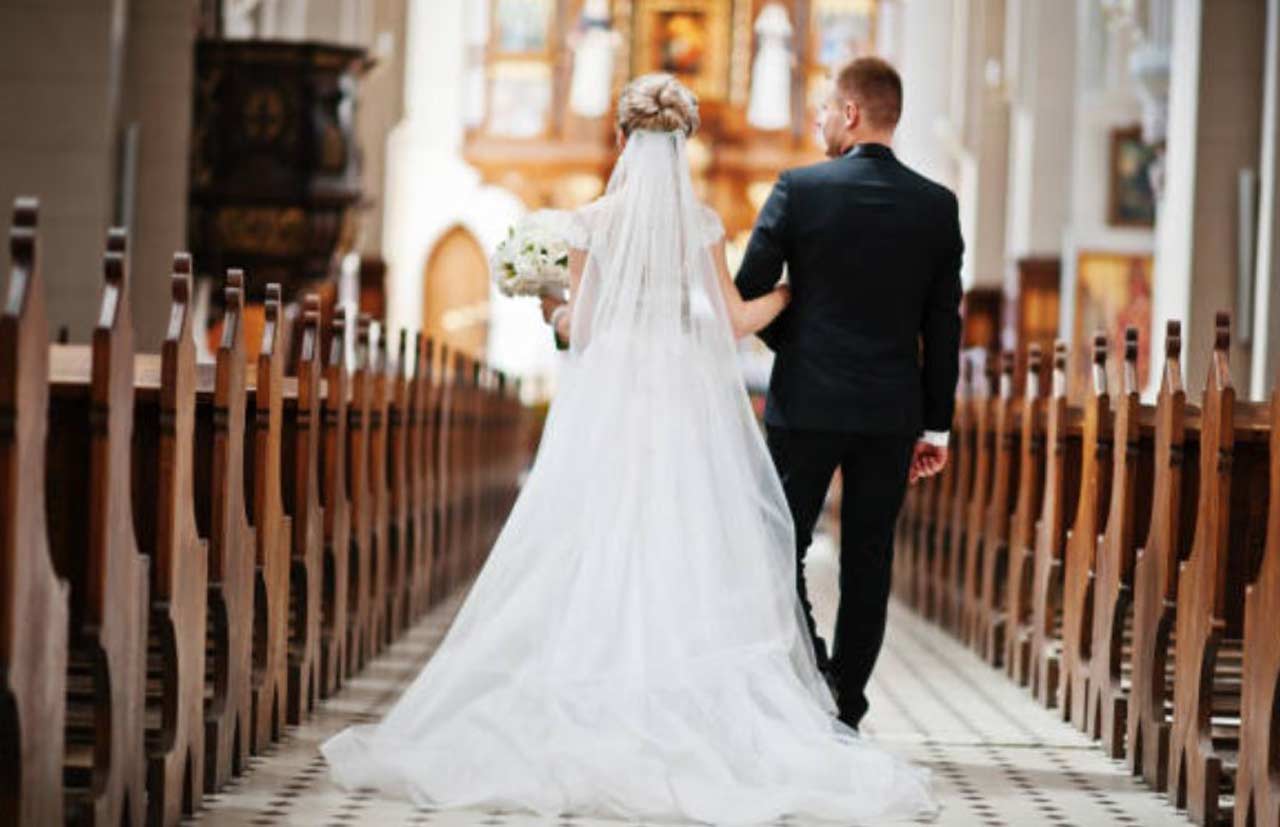
Leave a comment
You must be logged in to post a comment.